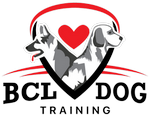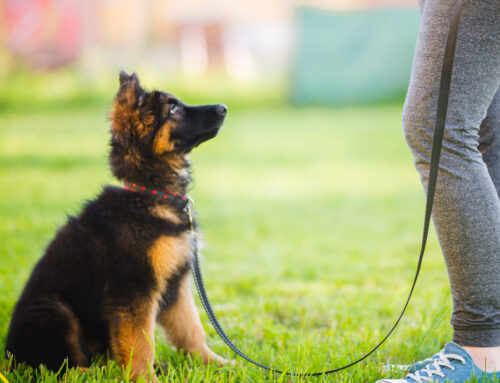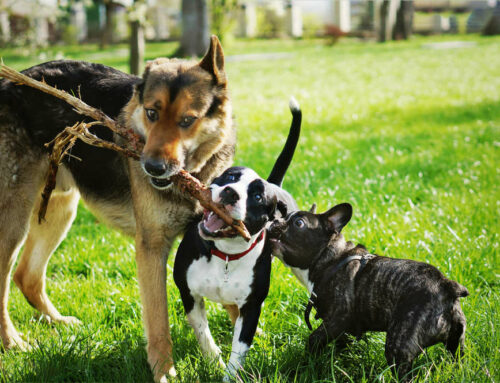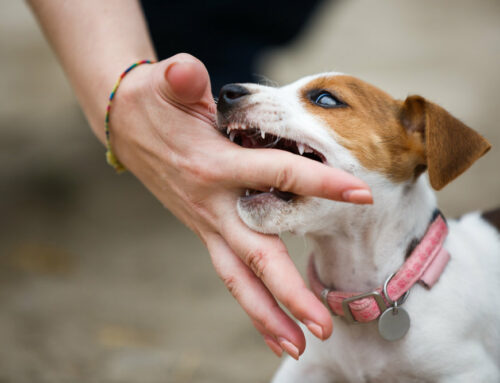When most people think about dog training, they usually picture a puppy. However, not all training takes place during puppyhood. Whether you adopt an adult dog from the shelter or simply did not train your puppy for whatever reason, there are many instances where an adult dog may need some proper training. This leads to the question, “can I train my older dog, or is it a lost cause?” We get this question from dog owners all the time, and the answer is yes, your dog can be trained, and no, your dog isn’t a lost cause. Just because your dog is older doesn’t mean that it can’t be trained. In today’s blog, we will go over several tips for training your older dog.
Can I Train My Older Dog?
Have you ever heard, “you can’t teach an old dog new tricks?” This common saying has led to the inaccurate belief that older dogs cannot be trained. This is completely false. Adult dogs can be trained—in fact; adult dogs may sometimes be easier to train than puppies. This is due to older dogs having a longer attention span and having better self-control than the little ones. While puppies may pick things up faster and an older dog may be set on its ways, you can absolutely train a dog at any age. Below we’ll go over several tips to help you prepare your older dog during its training journey.
Tips for Training an Older Dog
Have Patience
Patience is a virtue, and you will need this virtue while training your dog—especially if you just adopted an adult dog. While you may want to start your dog with strict training as soon as they walk into your house, we recommend giving them a while to get acclimated to their new home. Even if you got your dog as a puppy and are just now giving it training, it’s important to be really patient. While older dogs do learn quickly, do not expect them to retain everything they learned overnight. Similar to puppies, training takes time and consistency.
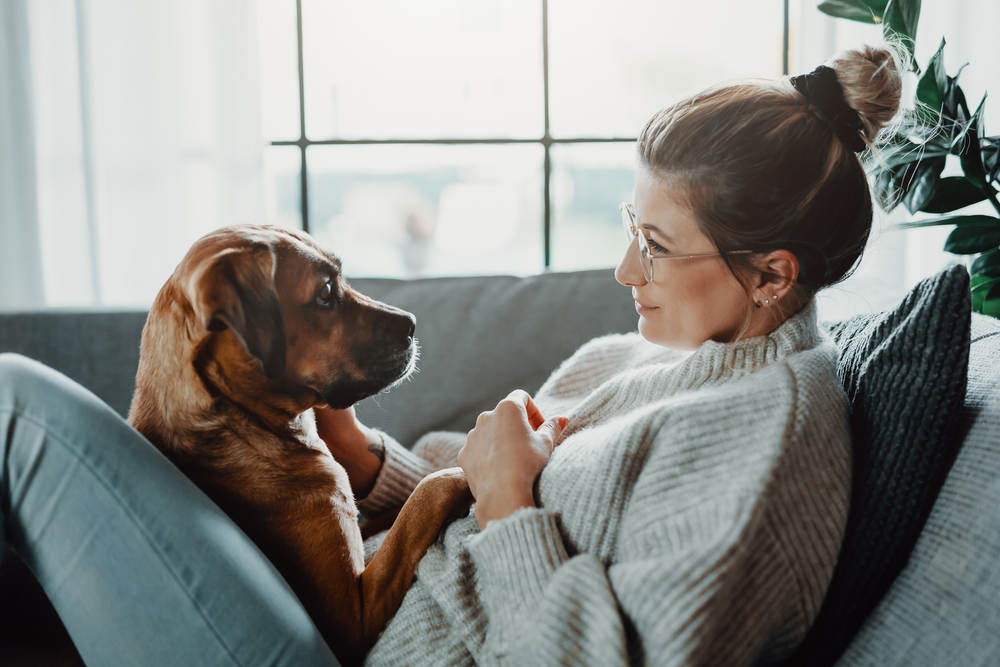
Be Consistent
In order to properly train your older dog, being consistent with the training is exceedingly important. Many times, your old pal will move one step forward and two steps back. Know that this is completely normal—it happens with puppies all the time. The key is to simply be really consistent. Make sure you work with your dog regularly to learn the desired behaviors.
Keep Training Sessions Light
While your older dog may have a longer attention span than a puppy, it’s still important to keep the training session light and short. A training session should last no longer than 15-20 minutes. The longer the training session, the higher the chances your dog will lose focus and start to make mistakes. It’s the same as with humans; information overloads are counterproductive.
Know Your Dog’s Limits
While a puppy or young adult can go after a ball or catch a frisbee in mid-air, an older dog may have stiff joints that make it harder to participate in agility-type exercises. However, you can still do some agility training with your dog. Regarding obedience training, an older dog can do most things a puppy can do. If your dog cannot see or hear too well, you may have to adapt and change from verbal cues to hand cues, or vice versa.
Train Your Older Dog with BCL Dog Training
Training your older dog is a difficult task that requires dedication, patience, and consistency. While it may require time and effort, it is absolutely possible to train your older dog. At BCL Dog Training, we know that not everyone has the time, patience, or expertise to train their older dog. That’s why our highly-experienced dog trainer, Kristin Raymond, is here to help! Her training utilizes advanced techniques that are proven to help get your dog set on the desired path—regardless of their age. Ready to get started with your dog training session? Give us a call at (909) 763-1788, or click here to get in contact!
